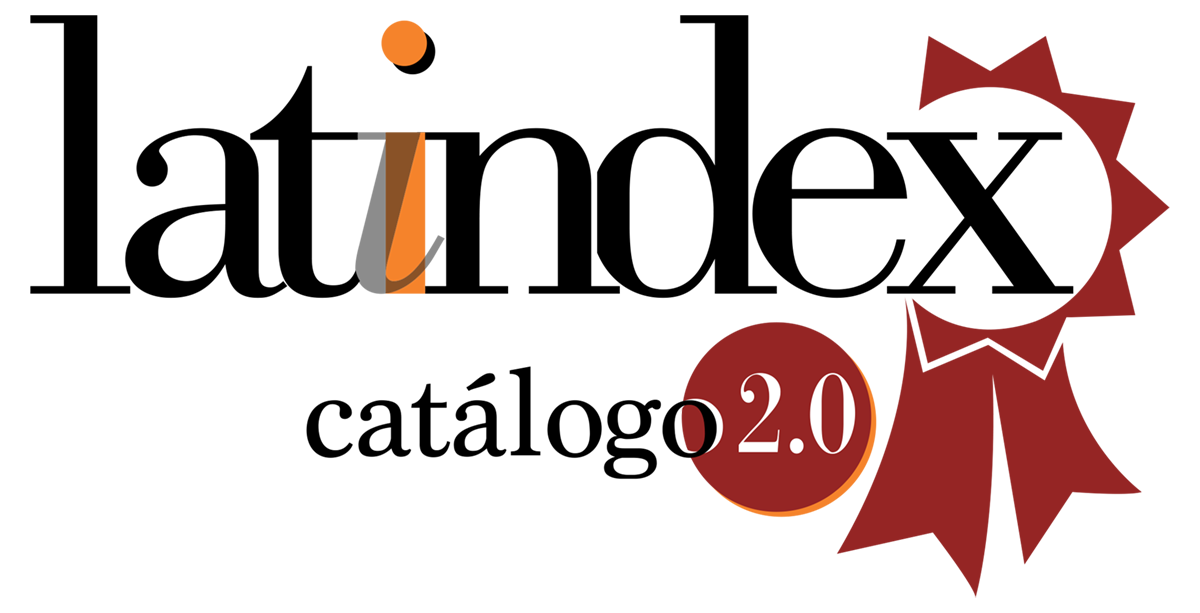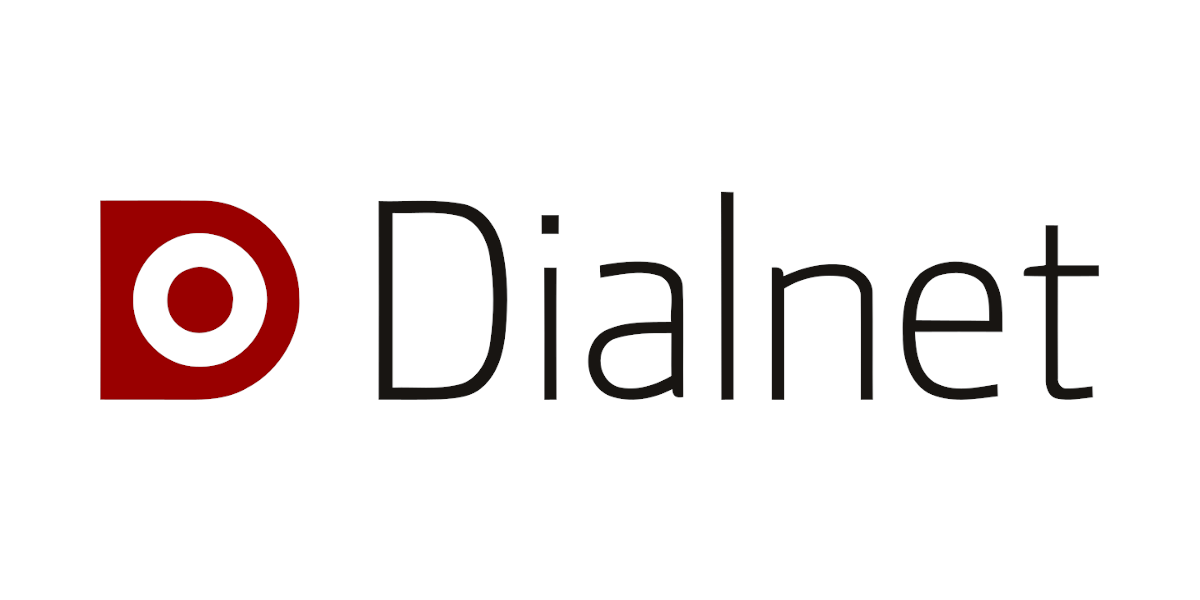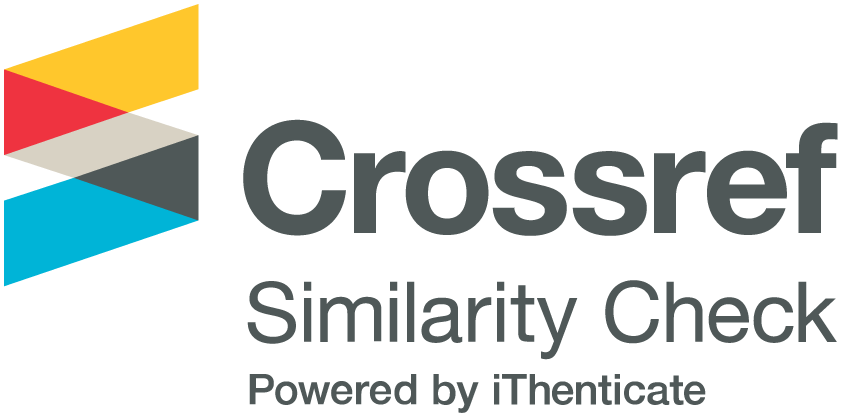Policy regarding the use of Artificial Intelligence
The CENTRA Journal of Social Sciences considers the use of Artificial Intelligence (AI) in scientific research and text writing to be an innovative tool that provides significant support to researchers in their work as scientists and academics.
Notwithstanding the foregoing, in accordance with the recommendations formulated by the Committee on Publication Ethics (COPE) and published on its website (http://publicationethics.org), it is necessary to clarify and specify that such use must always be carried out in a cautious and responsible manner.
Thus, under no circumstances will the use of Artificial Intelligence in the writing of texts affect all or even most of the document submitted to the journal. Those results or partial parts obtained with its help should not be simply assumed, but should be compared, corrected, and improved in their formulation by the authors.
For these purposes, the use of Artificial Intelligence cannot be considered an author of the text. Thus, when the result is an argument or conclusion obtained thanks to AI, the reference must be cited at the end of the argument and placed in the corresponding order in the bibliographic references, indicating the specific commercial name of the AI in question used, in accordance with the guidelines already established by the APA (for example: OpenAI (2025)…..-). When it concerns a result obtained or generated with this same tool during the research or writing phase, said reference must appear at the bottom of the graph, figure, or table.
In order to comply with the ethical principle of transparency in scientific publications in general, and with our journal's Ethics Declaration in particular, any use of AI, however small, must be explicitly stated at the end of the submitted text. Specifically, before the bibliographic list and alongside other information on funding sources or any other personal or contextual circumstances that may have affected the writing process and the related research. This note must state the prompts used in the specific use of AI, that is, the set of instructions provided to the AI to perform each specific task. A separate note must be prepared for each specific use made of AI. All of this without prejudice to or non-compliance with what is also indicated as mandatory in the previous paragraph for arguments, conclusions, or the preparation of graphs, figures, or tables.
Any dishonest conduct in the use of artificial intelligence by the author will constitute a practice considered fraud or plagiarism and, as such, will be subject to the same measures contemplated in the section on Policy on Malpractice and Detection of Plagiarism, including the retraction of the already published text or the rejection of its publication if it is still in any of the stages of editorial evaluation, external evaluation, editing or layout.
Regarding evaluation procedures, AI is also considered a tool that can improve the work of reviewers by synthesizing and outlining the contents of the text under evaluation, identifying bibliographical omissions, as well as proposing critical arguments or organizing the structure of the evaluation itself.
However, the uniqueness of the evaluation work cannot be restricted entirely, or even in its most basic aspects of arguments and judgments, to the results generated by an AI program. A distinct human judgment is a mandatory requirement in any evaluation, and thus will be required of the reviewer.
On the other hand, the reviewer must be aware that the use of AI could entail a possible breach of confidentiality, affecting the authors' data and the intellectual property of their texts, given the foundation of AI's work based on the information provided by its users. Therefore, they must take measures to prevent jeopardizing the privacy of the information provided by the journal to carry out the evaluation.
Reviewers who use this tool to carry out their work are required to declare and detail this in the corresponding form of the journal in which they conducted the evaluation.
If any evidence of dishonest conduct in the use of AI is found on the part of the reviewer, the evaluation will be annulled, the reviewer will be excluded from this consideration in the future, and from publishing as an author in the journal or in the various book collections affiliated with the CENTRA Foundation.









